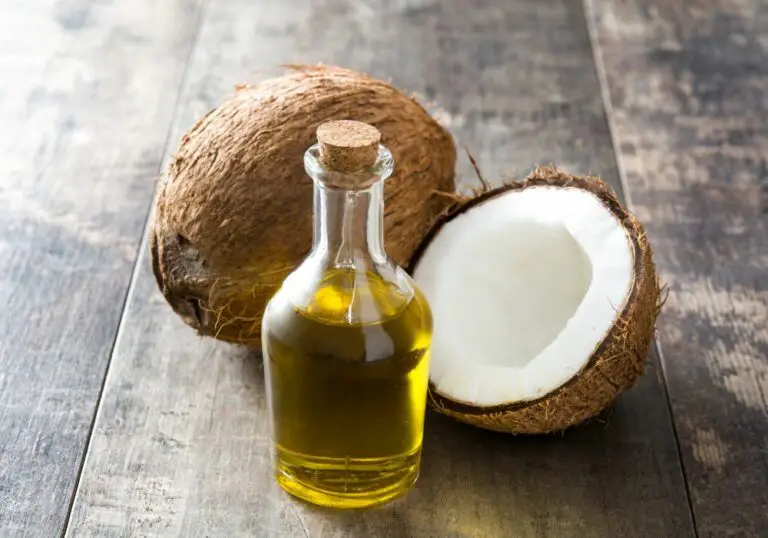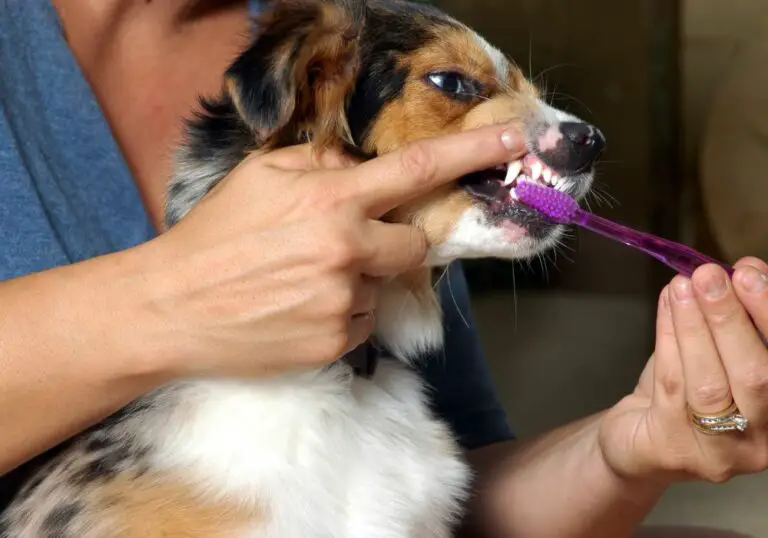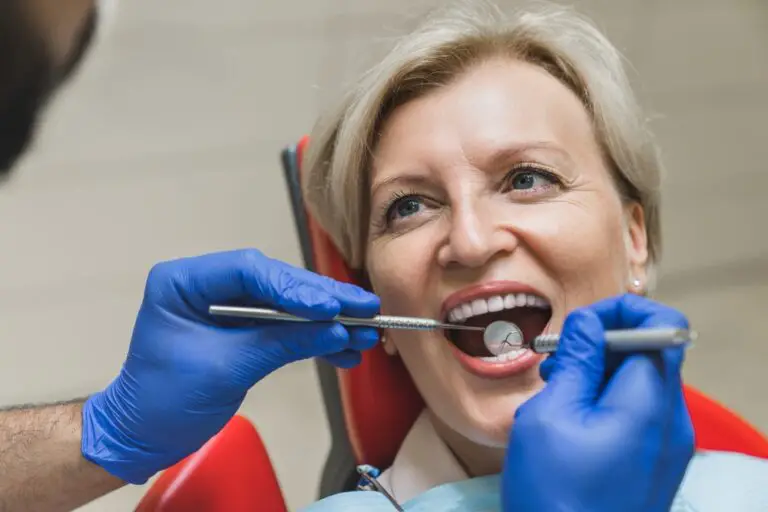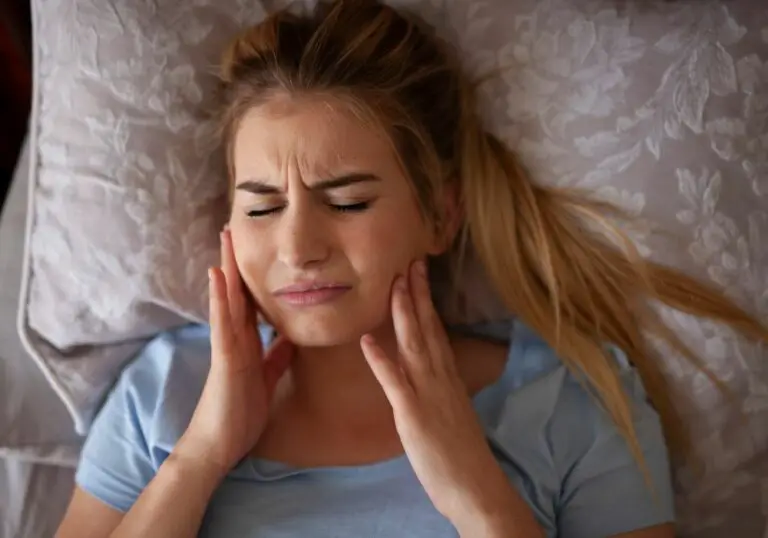If you’re currently undergoing teeth whitening treatment, you may be wondering what types of tea you can safely drink without damaging your progress. Tea is a beloved beverage enjoyed by many, but it’s important to be mindful of the potential impact it can have on your teeth during whitening. In this article, we’ll explore the different types of tea and their effects on tooth discoloration, so you can make an informed decision about your beverage choices.
Tea contains tannins, natural compounds that can cause discoloration of the teeth. Black tea, in particular, is high in tannins and can leave stains on the teeth if consumed in excess during teeth whitening treatment. However, not all types of tea are created equal when it comes to tooth discoloration. Some teas, such as green tea and herbal teas, may be less likely to cause staining and may even have dental health benefits. In this article, we’ll take a closer look at the different types of tea and their effects on teeth whitening, so you can make an informed decision about what to drink during your treatment.
Understanding Teeth Whitening
Teeth whitening is a cosmetic procedure that involves the use of various techniques to remove stains and discoloration from the surface of the teeth. It is one of the most popular cosmetic dental procedures, and it can help improve the appearance of your smile. In this section, we will discuss the process of teeth whitening and its effects on oral health.
The Process of Teeth Whitening
There are several methods of teeth whitening, including in-office whitening, at-home whitening, and over-the-counter whitening products. In-office whitening is performed by a dental professional, and it involves the use of a bleaching agent that is applied to the teeth. The bleaching agent is activated with a special light or laser, and the procedure typically takes about an hour.
At-home whitening involves the use of custom-fitted trays that are filled with a bleaching gel. The trays are worn for a specified period, usually a few hours a day or overnight, and the treatment can take several weeks to achieve the desired results.
Over-the-counter whitening products, such as whitening strips and toothpaste, are available at most drugstores. These products are less expensive than professional whitening treatments, but they may not be as effective.
Effects on Oral Health
Teeth whitening is generally safe, but it can cause some side effects, such as tooth sensitivity and gum irritation. These side effects are usually temporary and can be managed with over-the-counter pain relievers and desensitizing toothpaste.
It is important to note that teeth whitening does not improve the health of your teeth. It is a cosmetic procedure that only addresses the appearance of your teeth. Maintaining good oral hygiene, such as brushing and flossing regularly and visiting your dentist for regular checkups, is essential for maintaining the health of your teeth and gums.
In summary, teeth whitening is a cosmetic procedure that can help improve the appearance of your smile. There are several methods of teeth whitening, including in-office whitening, at-home whitening, and over-the-counter whitening products. While teeth whitening is generally safe, it can cause some side effects, and it does not improve the health of your teeth.
Tea and Teeth Whitening
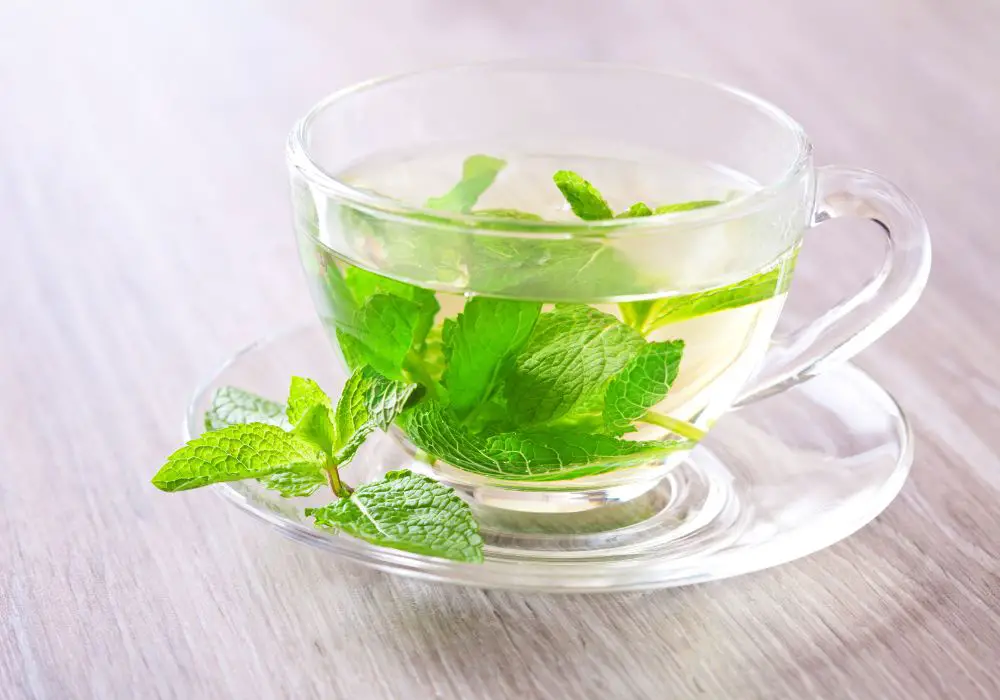
Teeth whitening is a popular cosmetic procedure that can help you achieve a brighter, more confident smile. While there are many teeth whitening products available on the market, it is important to be mindful of what you eat and drink during the whitening process, as certain foods and beverages can stain your teeth. In this section, we’ll explore the impact of tea on teeth whitening and the types of tea to avoid.
Impact of Tea on Teeth Whitening
Tea is a popular beverage that is enjoyed by millions of people around the world. While tea offers a range of health benefits, it can also have a negative impact on teeth whitening. Tea contains tannins, which are natural compounds that can cause staining on your teeth. The tannins in tea can bind to the surface of your teeth, causing them to become discolored.
If you are undergoing teeth whitening, it is best to avoid drinking tea altogether. If you must drink tea, it is important to choose the right type of tea to minimize the risk of staining. We’ll explore the types of tea to avoid in the next section.
Types of Tea to Avoid
When it comes to teeth whitening, there are certain types of tea that you should avoid. Black tea, for example, is known to be one of the worst offenders when it comes to staining teeth. This is because black tea contains a high amount of tannins, which can cause discoloration.
Green tea and herbal teas are generally considered to be less likely to cause staining on your teeth. However, it is still important to be mindful of what you are drinking during the whitening process. If you do choose to drink tea, it is best to opt for a lighter-colored tea, such as white tea or herbal tea.
In addition to choosing the right type of tea, it is also important to be mindful of how you prepare your tea. Adding milk or sugar to your tea can increase the risk of staining, so it is best to drink your tea plain. You should also try to drink your tea through a straw, as this can help minimize contact between the tea and your teeth.
By being mindful of what you drink during the teeth whitening process, you can help ensure that your teeth stay bright and white. While it may be tempting to indulge in your favorite beverages, it is important to remember that certain drinks can have a negative impact on your teeth.
Recommended Teas During Teeth Whitening
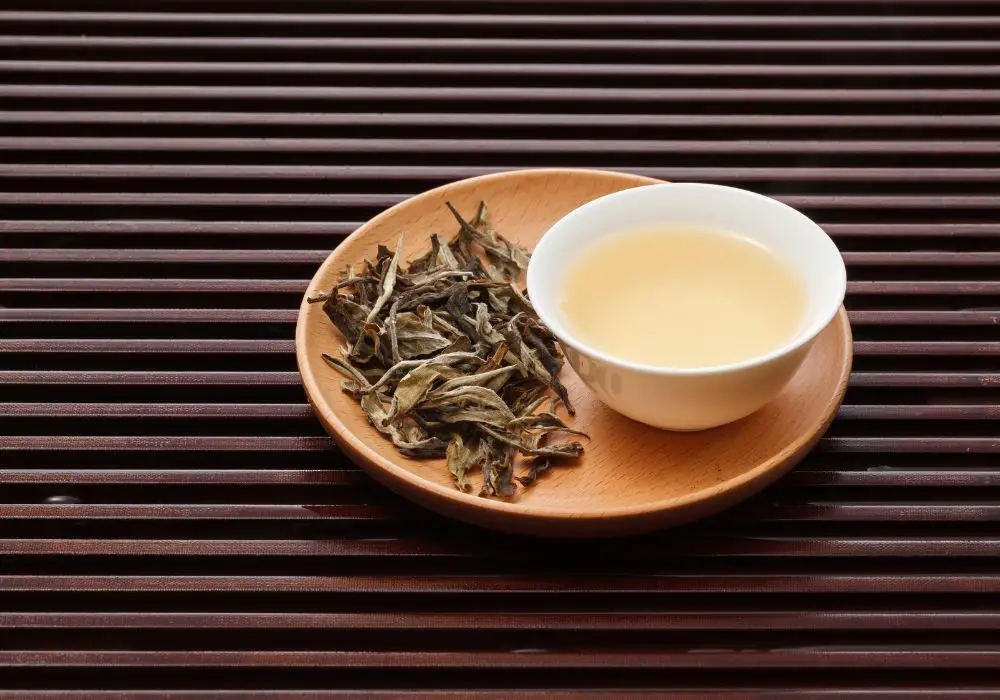
If you’re undergoing teeth whitening treatment, it’s important to know which teas are safe to drink without staining your teeth. Here are some recommended teas to enjoy during teeth whitening:
Herbal Teas
Herbal teas are a great option during teeth whitening treatment because they do not contain tannins, which are the compounds that cause staining. Here are some herbal teas you can try:
- Peppermint Tea: Peppermint tea is not only refreshing, but it also has a pleasant taste and aroma. It is caffeine-free and does not contain any tannins, making it a safe option for teeth whitening.
- Chamomile Tea: Chamomile tea is another great option for teeth whitening. It is caffeine-free and does not contain any tannins. Chamomile tea is known for its calming properties and can help you relax after a long day.
- Ginger Tea: Ginger tea is a popular herbal tea that has many health benefits. It is caffeine-free and does not contain any tannins. Ginger tea has a spicy taste and can help soothe an upset stomach.
White Teas
White teas are another safe option for teeth whitening because they are low in tannins. White teas are made from young tea leaves and buds that are picked before they are fully matured. Here are some white teas you can try:
- Silver Needle Tea: Silver Needle tea is a high-quality white tea that is made from the buds of the tea plant. It has a delicate flavor and is low in tannins, making it a great option for teeth whitening.
- White Peony Tea: White Peony tea is another type of white tea that is made from both the buds and leaves of the tea plant. It has a slightly stronger flavor than Silver Needle tea but is still low in tannins.
Remember to brush your teeth before and after drinking tea, and to drink plenty of water to help rinse away any staining compounds. Enjoy your tea and your brighter smile!
Additional Tips for Drinking Tea
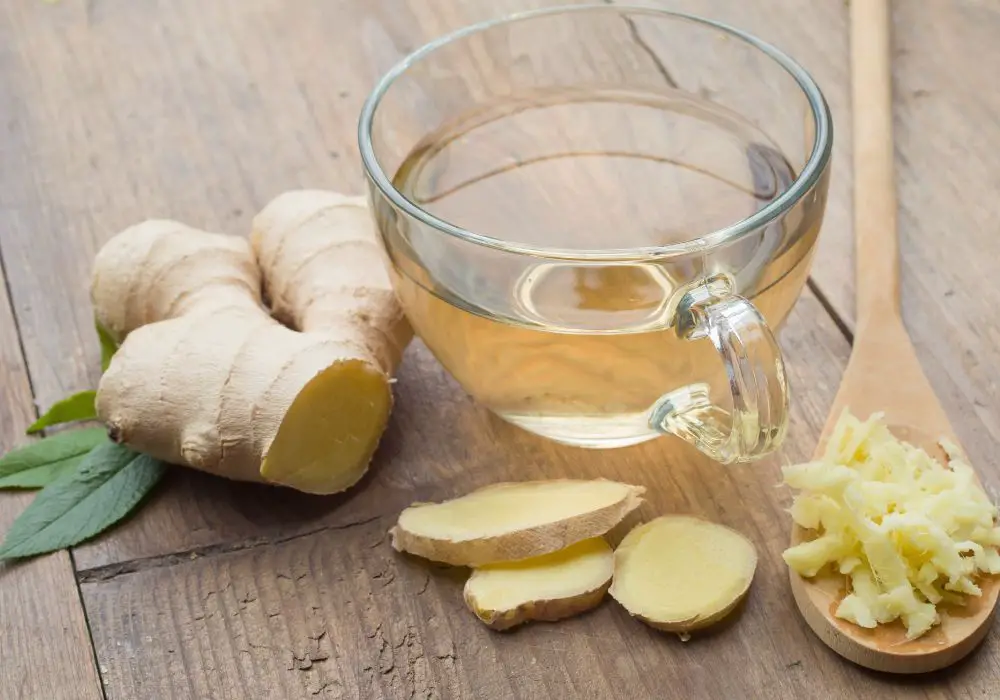
When it comes to teeth whitening, drinking tea can be a bit of a challenge. However, there are a few additional tips you can follow to minimize any potential staining while still enjoying your favorite tea.
Use of Straws
Using a straw is a simple and effective way to minimize the contact between tea and your teeth. This is especially important if you’re drinking black tea, which has a higher tannin content and is more likely to stain your teeth. By using a straw, you can direct the tea towards the back of your mouth and avoid contact with your teeth.
Rinsing After Drinking
Rinsing your mouth with water after drinking tea is another effective way to minimize staining. This helps to remove any lingering particles that may cause staining. You can also brush your teeth or use a mouthwash to further reduce the risk of staining.
Other Tips
Here are a few other tips to keep in mind when drinking tea:
- Drink different teas. Green, white, and peppermint teas stain less than black tea.
- Drink tea at a moderate temperature. Hot tea can cause your teeth to expand, making them more susceptible to staining.
- Brush and floss regularly. At least twice a day, once in the morning and once at night, brush and floss your teeth. Brushing and flossing after drinking a dark-colored beverage is also a good idea.
- Increase your intake of abrasive foods. Foods like apples, carrots, and celery can help to scrub away any stains on your teeth.
By following these additional tips, you can still enjoy your favorite tea while minimizing any potential staining.
Frequently Asked Questions
Is it safe to drink tea while whitening teeth?
Yes, it is generally safe to drink tea while whitening your teeth. However, some teas can stain your teeth more than others, so it’s important to be mindful of what you’re drinking.
Which teas are less likely to stain teeth?
Teas that are lighter in color, such as white tea and herbal teas, are less likely to stain your teeth than darker teas like black tea. Green tea can also be a good option, but it may still cause some staining.
How long should I wait to drink tea after teeth whitening?
It’s best to wait at least 24 hours after teeth whitening before consuming tea or any other hot beverages such as coffee or hot chocolate. This will give your teeth time to settle and reduce the risk of sensitivity.
Can I drink matcha after teeth whitening?
Matcha is a type of green tea and is generally safe to drink after teeth whitening. However, it’s still important to wait at least 24 hours and be mindful of any staining that may occur.
What are some other drinks I can have during teeth whitening?
Water is always a good option, as it will not stain your teeth. Milk and clear juices like apple juice can also be good choices. Avoid drinks that are dark in color, such as cola or red wine, as these can cause staining.
How can I prevent tea stains on my teeth during whitening?
To prevent tea stains on your teeth during whitening, try using a straw to drink your tea. This will help to minimize contact between the tea and your teeth. You can also rinse your mouth with water after drinking tea to help wash away any staining compounds. Finally, be sure to follow the instructions provided with your teeth whitening kit to ensure the best results.

